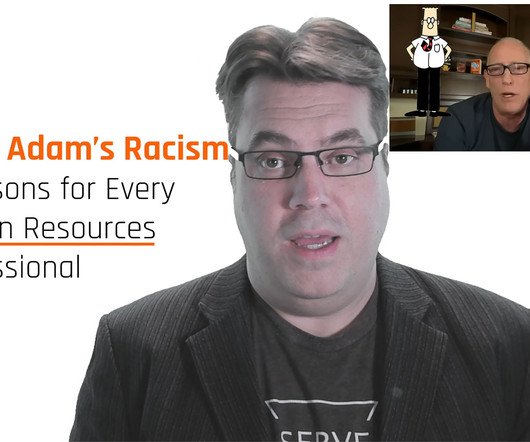1 Way to Define Your Leadership
Lead Change Blog
MARCH 6, 2014
Author information Alan Derek Utley Principal at Alan Derek Utley Alan is a Human Resources Director, Leadership Coach, and University Instructor in Management. His passion is in helping leaders be better leaders, and in helping people achieve career success. Twitter LinkedIn.













Let's personalize your content